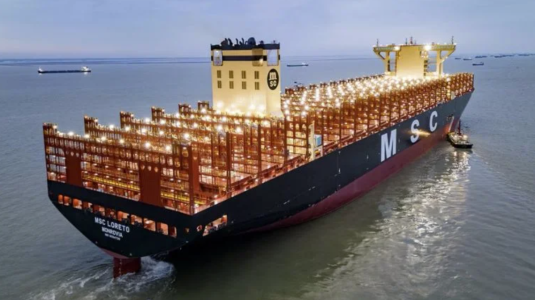dunedin
Well-known member
Which paper are you referring to? The one that started the post only relates to commercial vessels over 400GT so doesn’t claim to cover small boats. The separate Consultation just opened specifically is seeking evidence about small boats - so people should perhaps respond to the consultation if they have data.It seems to me the paper was written by someone who has never been on a small boat and has no idea of how they work. It is almost impossible to make an all electric cruising boat. Jimmy Cornell tried and failed, the Wynns failed and the list goes on. You can’t generate sufficient electricity at sea to exist. Day sailing is possible but it will become hazardous as we hear RNLI call outs for people being washed up with flat betteries.
Clearly there is no case to bin a working diesel engine and replace it with electric. BUT there are an increasing number of use cases where electric is becoming a viable option - many on here already use for tenders, lots of marina based dayboats now sold with electric drive options, and electric + foils looks the way to go for a fast powerboat for day use.
When you refer to Jimmy Cornell “tried and failed” this was a blue water sailing catamaran - not the focus for this particular forum. But perhaps worth exploring that a bit further before dismiss as “failure”. Fast offshore catamarans are potentially ideal candidate for electric drives. As they sail fast, so the electric regeneration works well, masses of deck space for solar, and rarely need to motor as sail faster than even a diesel could drive them.
Jimmy Cornell was slightly too ambitious in one respect (only) - he insisted on zero emissions for everything, and not even a gas cylinder or a backup generator for cooking, The drives worked well, the regeneration worked quite well (one drive was an older generation Oceanvolt, not the modern type, which reduced effectiveness). But the thing that killed the trip was the power demands for multiple fridges & freezers, and the cooking.
As I understand it the boat builder strongly recommended a secondary gas cooker and/or a range extender generator. With the latter it would be a serial hybrid with HUGE range. For offshore cruising yachts, a serial hybrid is a serious contender for a new build boat, and many now launched.

